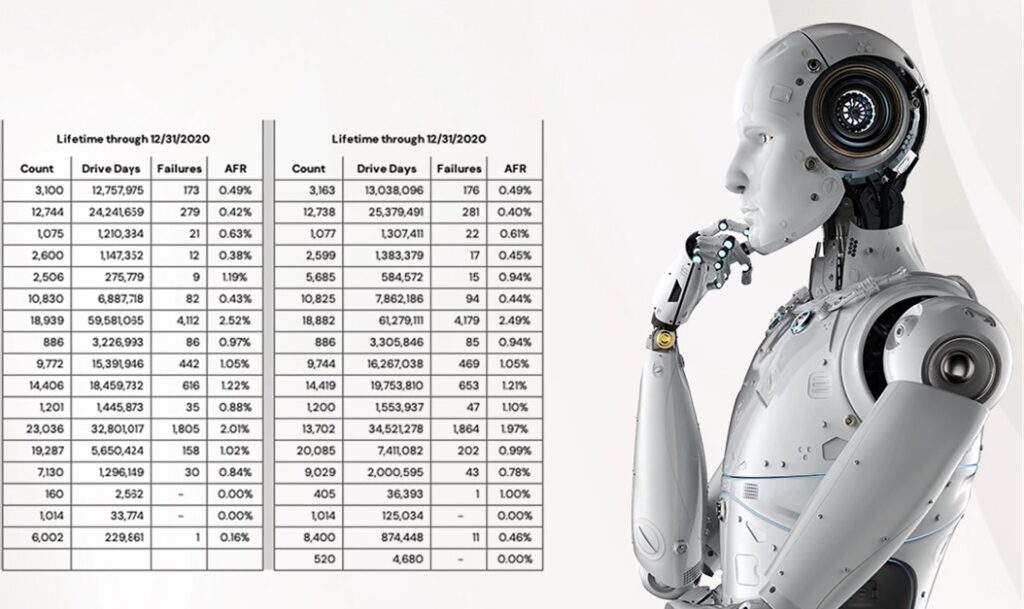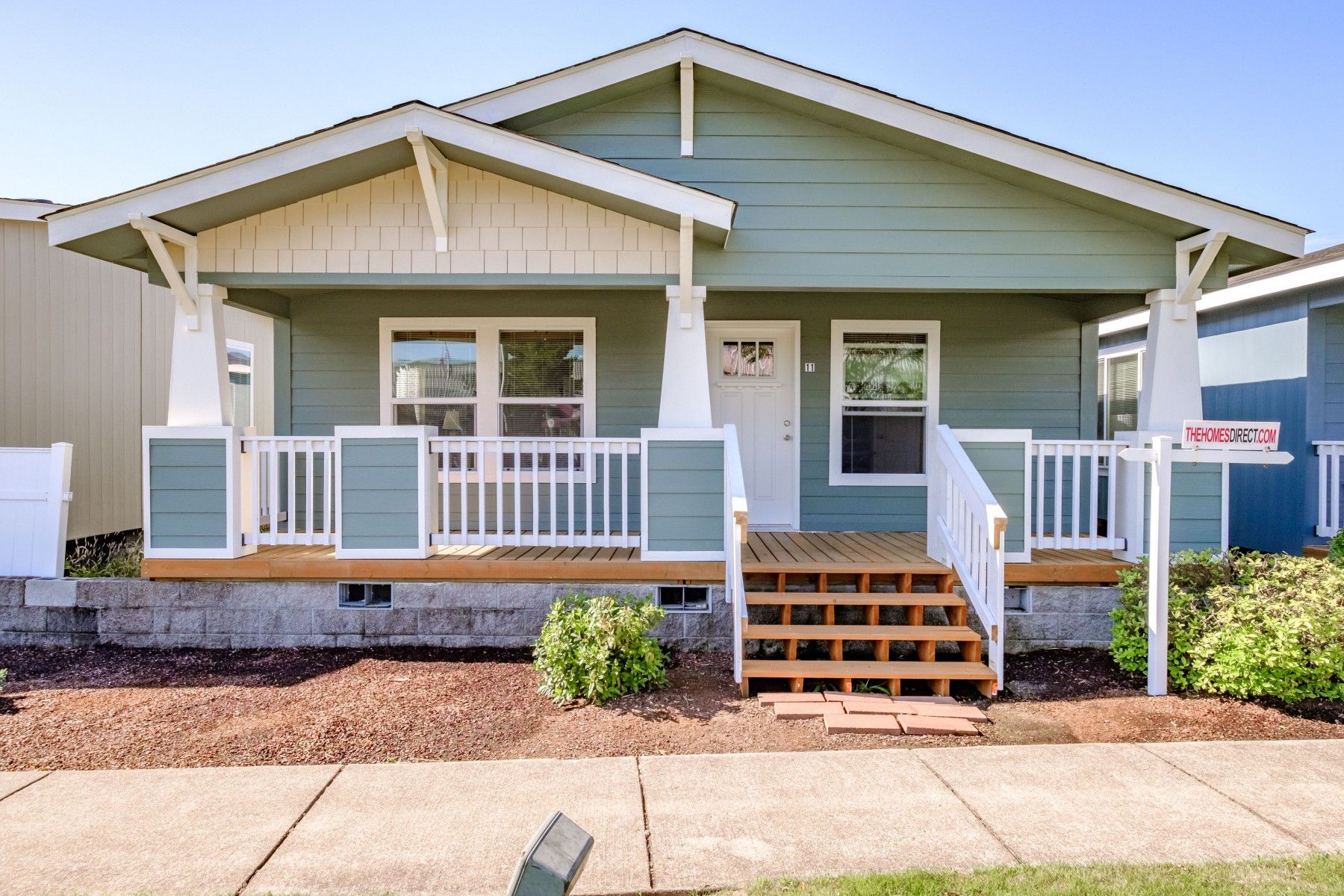Offsite construction stands on the brink of a technological revolution powered by Artificial Intelligence (AI). Yet, this transformative journey is moving at a cautious pace. The reasons behind AI’s slow adoption in offsite construction are multifaceted, stemming from both internal industry dynamics and external challenges in technological integration. For AI software companies, understanding and addressing these barriers is key to crafting solutions that resonate with the sector’s unique needs.
Tackling Complex Projects with Tailored AI
One of the foremost challenges is the inherent complexity of offsite construction projects. With myriad variables in play—from intricate designs to specific material requirements—each project presents a unique puzzle. This diversity means standard AI solutions often fall short without significant customization. The solution lies in developing AI models that are as flexible and adaptable as the projects they aim to support. By offering customizable AI tools tailored to the intricate needs of each construction project, AI companies can significantly boost their technology’s adoption and utility in the offsite construction realm.

.
Overcoming Data Dilemmas
Another critical hurdle is the issue of data fragmentation and accessibility. Offsite construction is plagued by siloed information, making it challenging to train AI systems effectively. The answer? AI developers are now tasked with creating systems capable of pulling together disparate data sources into a coherent, accessible format. By paving the way for interoperable AI platforms that can seamlessly integrate with a variety of data types, the path to effective AI deployment becomes much clearer.
Navigating Regulatory and Safety Landscapes
The construction industry is tightly bound by regulatory and safety standards, raising concerns about AI’s fit within this structured environment. AI software firms must prioritize the development of transparent, explainable systems that not only comply with regulations but also weave safety protocols directly into their algorithms. Such advancements can provide reassurance to stakeholders, ensuring that AI’s integration enhances safety and compliance rather than complicating it.
Addressing Cultural and Cost Barriers
Resistance to change is a common theme across many traditional sectors, including offsite construction. The introduction of new technologies can disrupt established workflows, leading to skepticism. Counteracting this resistance requires AI solutions that are user-friendly, easy to integrate, and clearly demonstrate immediate value. Additionally, the high initial costs associated with implementing AI can deter many companies. Offering scalable solutions with flexible pricing models can lower the barrier to entry, making AI more accessible to a broader range of firms.
Forging Paths to Industry-Specific Solutions
To truly resonate with the offsite construction industry, AI software companies must engage directly with stakeholders, invest in sector-specific R&D, and foster collaborative partnerships. Such efforts can lead to the development of AI solutions that are not just technologically advanced but are also deeply aligned with the practical and strategic needs of the industry.
A Blueprint for AI Integration in Offsite Construction
The journey of integrating AI into offsite construction is filled with challenges, but also brimming with opportunities. By addressing the industry’s specific hurdles with targeted, thoughtful strategies, AI software companies can unlock the full potential of their technologies.
This isn’t just about enhancing operational efficiencies or cutting costs—it’s about pioneering a future where AI and offsite construction collaborate to build smarter, safer, and more sustainable environments. As these technologies find their footing, the promise of a revolutionized construction industry grows ever closer, paving the way for a new era of innovation and progress.
.
Gary Fleisher is a renowned blogger, consultant, and commentator on construction and housing trends, known for his insightful analysis of the industry.



